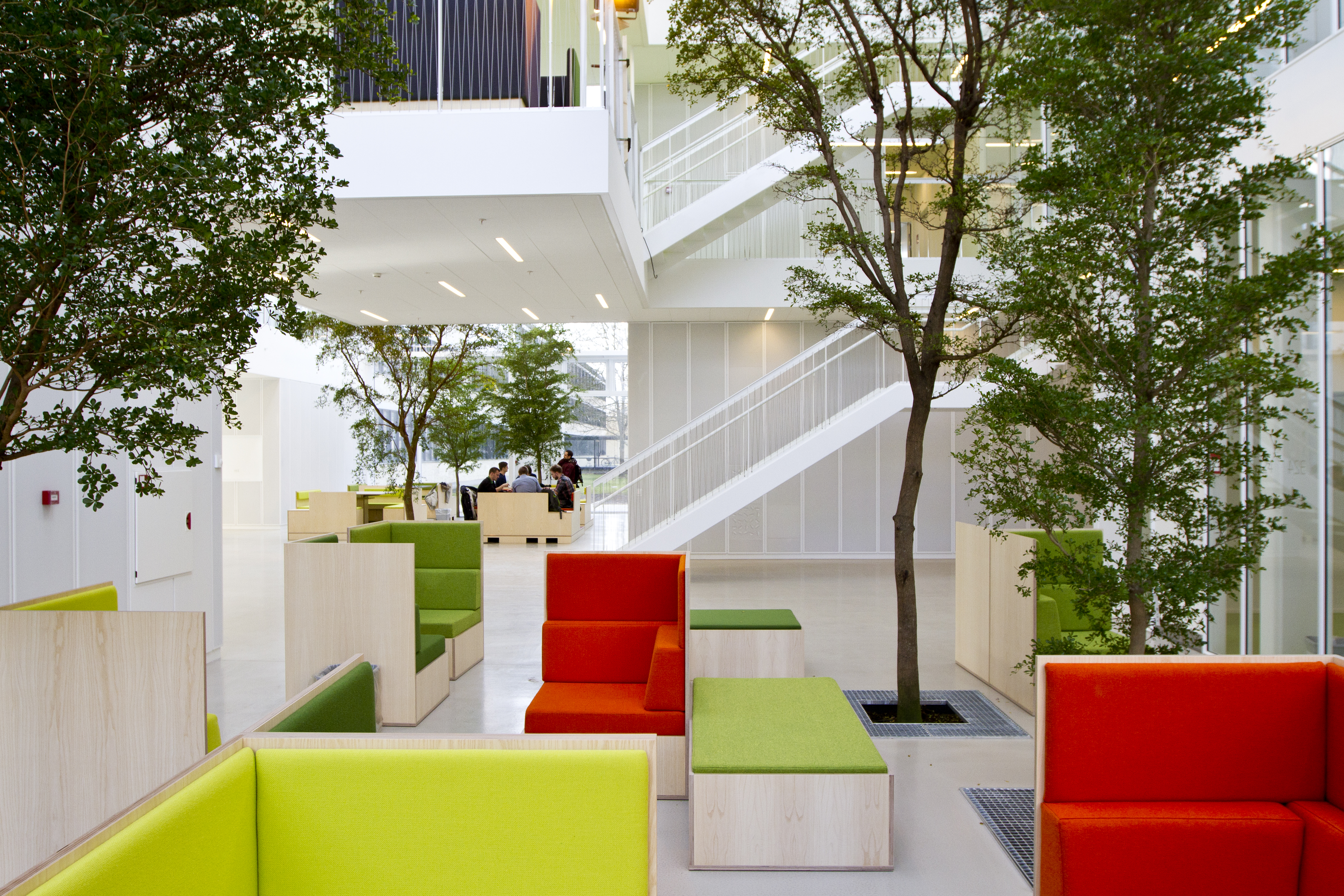The Danish company Abeo A/S, established against the backdrop of a concrete invention from the Technical University of Denmark (DTU), achieved international recognition on 4 June when it was named ‘Europe’s best spin-out’. The award is presented to a European company that has succeeded in taking an invention from a research institution and converting it into a successful enterprise.
On 4 June, at a European Parliament conference designed to highlight on research, innovation and entrepreneurship, the Danish company Abeo A/S was awarded the title of ‘Europe’s best spin-out’.
The presentation of the award was preceded by a month-long process involving the best spin-out companies in Europe, which finally resulted in Abeo and a British company being invited to travel to the European Parliament to present their businesses. In the face of tough competition, Abeo succeeded in impressing the judges with what they called an extraordinarily innovative product with a convincing track record—securing the Danish victory.
The award is the brainchild of the Science Business organisation, founded by two business schools—INSEAD and ESADE—in partnership with Microsoft and BP. Richard Hudson, CEO of Science Business, had the following to say about Abeo:
“Abeo is first and foremost a brilliant example of a company that has successfully taken a technology from a technical university and converted it into an enterprise of major global potential. At the same time, Abeo represents the very essence of what we currently need at European level to remain innovative and retain our competitiveness.”

New, ground-breaking concrete element
Abeo A/S was founded in 2010 on the basis of a new concrete technology invented by Professor Kristian Hertz from the Technical University of Denmark (DTU). Since then, the company has developed a new, ground-breaking concrete element called the SL-Deck, which is used as a bearing floor construction in the establishment of new multi-storey buildings such as apartment and office complexes. One of the benefits of the new product is that not only does it reduce construction costs, but it also paves the way for new architectonic expressions in the form of significantly increased spans and reduced carbon emissions. In addition, it features superior fire-protection and soundproofing properties.
Abeo has already attracted great interest from the industry and established partnerships with, for example, Grontmij consultant engineers and BIG, the company founded by star Danish architect Bjarke Ingels. Moreover, Abeo recently signed its first licensing agreement for the production of the SL-Deck with the Danish concrete element manufacturer Perstrup Beton Industri. The first factory is currently under construction in Kolind, Djursland, in Denmark, and the company expects to be ready start delivering to construction projects as early as September this year. Hans Terney Rasmussen, CEO of Abeo, is eagerly anticipating this milestone, as he is convinced that the product sets new standards in the industry:
“The first concrete elements were developed back in the 1960s, but very little has happened in the area since then. We are actually still using pretty much the same elements as ever. On the basis of Kristian Hertz’s invention, however, we have succeeded in developing a concrete element that has pushed back the boundaries of what was previously considered possible within the industry. We have great expectations for the product, which will be launched in Denmark in collaboration with Perstrup this autumn, and we are currently in dialogue with the people responsible for a number of projects scheduled for late 2013 and early 2014.”
Danish innovation on the global map
The award for the Danish company comes at an opportune moment. A recent report prepared by the EU commission indicates that Denmark is lagging behind in terms of converting inventions in to actual enterprises, exports and employment. This finding contrasted sharply with other results from the survey, which centred on the where the foundations for innovation are laid. In this area, Denmark ranked third on the list.
This is the fifth year that the award for the best European spin-out has been presented in Brussels, but it is the first time that a Danish company has come away with first prize.